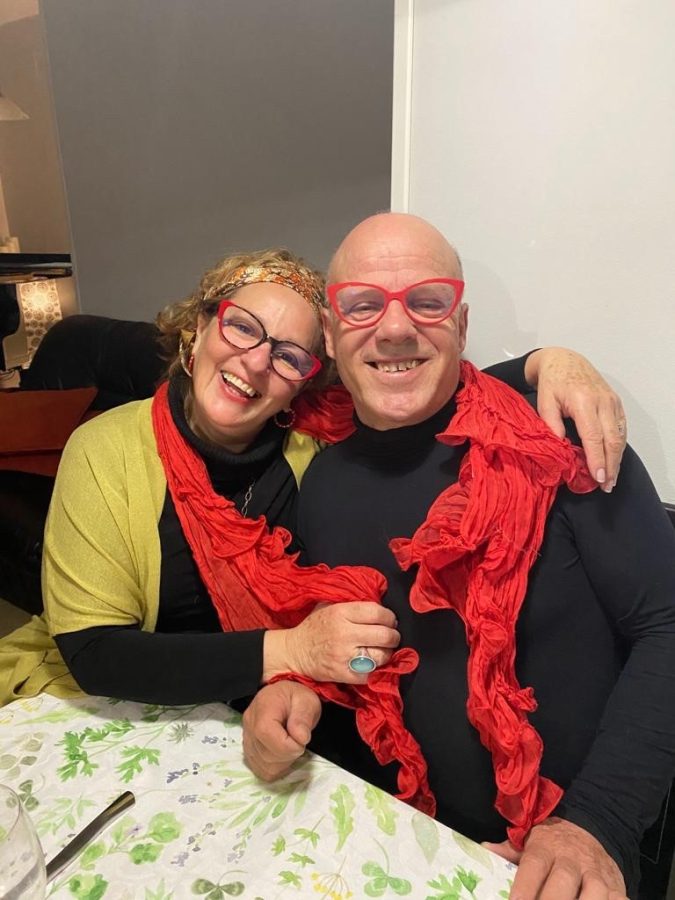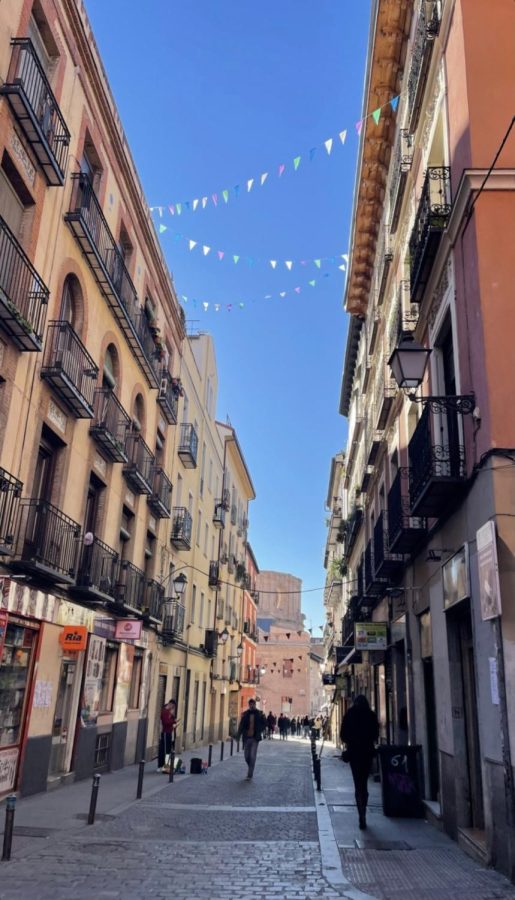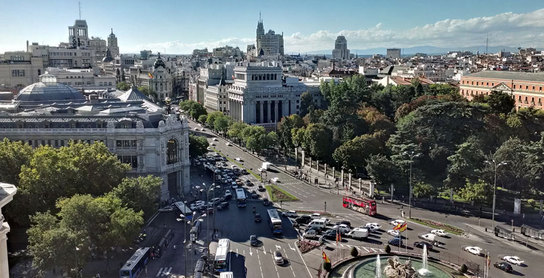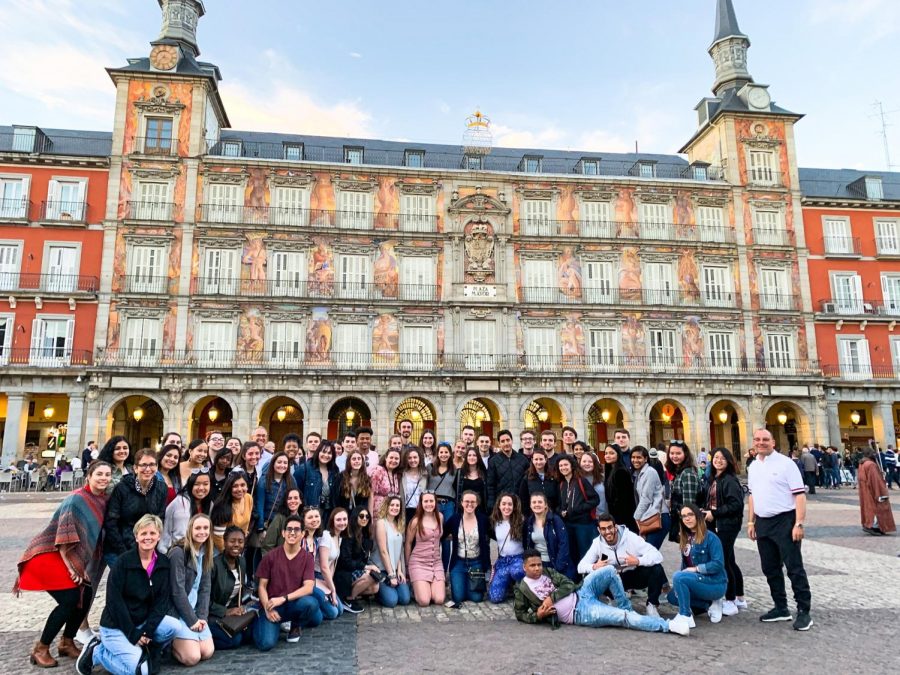New measures from Spain’s government to slow the spread of COVID-19 after the country has seen a concerning spike in cases in the last week is being felt across the nation — including at Suffolk University’s Madrid campus.
Shortly after Spain declared a national state of emergency on Oct. 25 due to rising cases of COVID-19, a new curfew of 11 p.m. to 6 a.m. was imposed. The regulation was implemented on Oct. 25 in order to decrease the number of COVID-19 infections.
The curfew came soon after Spain hit a new record for daily infections on that same day, when the country hit 52,010 new cases that day alone after hitting about 45,000 new cases the day before, according to BBC.
Spain was one of the countries hit the hardest at the beginning of the pandemic earlier this year. According to NPR, the Spanish government imposed strict restrictions that were effective for quite some time, given that in August Spain had about 3,715 new infections a day.
Suffolk University students have continued to study at the Suffolk Madrid campus despite the ongoing pandemic. Melonie Schaumann is a senior at the Madrid campus, and has spent all of her Suffolk education there.
“All of my family lives in America, and as far as I know, especially after watching the news and reading articles and everything, I feel much safer being in Spain than I do in America,” said Schaumann.
When asked about the new curfew, Schaumann said that it didn’t have much of an impact on her daily life. Her schedule is often busy with different activities during the week.
“I have school, I have work, I can’t be going home after 11 o’clock anyways and living a balanced lifestyle,” said Schaumann.
Since the beginning of this recent curfew, Schaumann has found one thing that has affected her life in Spain. If the curfew didn’t exist, she would be stargazing at a park that is about a 15 minute walk from her apartment.
“In the evenings, I live in a part of Madrid that is not in the city center…” Shaumann said. “There’s this famous park with these really pretty hills that have great views of all of Madrid. It’s dark enough there so you can kind of stargaze, because there’s not too much pollution. The ideal time to go is 10 p.m. to 5 a.m., and because of the curfew you can’t do that at this point.”
Schaumann thinks that the Suffolk Madrid campus has done a good job keeping the students updated on new regulations, like the new curfew.
Student life manager at the Suffolk Madrid campus, Margaux Charpentier, updates the students through email about new regulations. Charpentier is in her third semester at her Madrid campus position.
Charpentier said she does not have high expectations for this new curfew.
“I do not think it will be effective, because there are 24 hours in a day, and if there are only seven of them in lockdown, there’s still 17 that you could get infected,” said Charpentier.
Charpentier is concerned about COVID-19, but makes sure to stay updated with the COVID-19 case count in Spain.
Her job has not changed much since the curfew, but it does look drastically different due to the pandemic. She described her job prior to the pandemic versus now.
“My job has certainly changed a lot. I used to do all the fun things, I used to travel with the students. Now my job is more COVID-19 case management,” Charpentier said.
Her job consists of contact tracing whenever there is a new positive test result, as well as monitoring those in quarantine. She has been focused on providing those in quarantine with fun activities to keep them occupied.
Charpentier said she is impressed with how Spain is handling COVID-19.
“Here, I’m very pleased because people take it really seriously,” Charpentier said. “The government put a national law that you had to wear a mask. For us, the Spanish government said at all times, if you are in public or in mixed company, you must be wearing a mask.”












